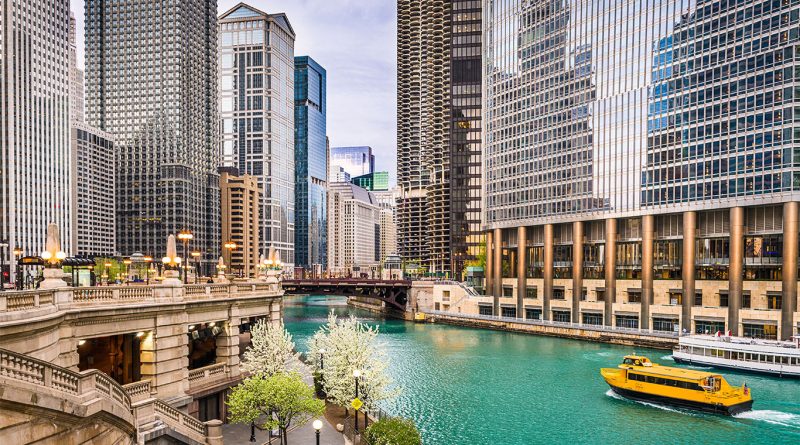Chicago’s Natural Gas Ban in New Constructions
Chicago’s New Building Ordinance
In a significant stride toward a greener future, Chicago is poised to take a groundbreaking step in its environmental policy, introducing a natural gas ban. The city, led by Mayor Brandon Johnson, is considering a new ordinance that will require all newly constructed homes and buildings to use electricity instead of natural gas. This decision, introduced at a recent City Council meeting, marks a pivotal moment in Chicago’s approach to combating climate change and aligning with global sustainability trends.
The proposed Clean and Affordable Buildings Ordinance is at the forefront of Chicago’s initiative. This legislation is designed to establish stringent indoor emissions standards, effectively phasing out the use of fossil fuels in new constructions. Alderwoman Maria Hadden, a key proponent, emphasizes that this ordinance targets only new buildings, ensuring that existing structures are not affected. Hadden advocates for this change as a crucial measure to combat the city’s pollution levels and manage escalating gas prices. The ordinance represents a calculated move towards a future where clean energy is not just a choice but a standard for living in Chicago.
Despite its noble intentions, the ordinance has sparked a heated debate. Alderman Gilbert Villegas voices a significant concern regarding the financial impact and preparedness of the city’s energy infrastructure to support this transition. The opposition is not limited to political figures; it extends to local unions, notably the Gas Workers Union Local 18007. These groups argue that the ordinance could lead to increased costs and potentially affect the reliability of energy supply, especially during peak demand periods. This tension reflects a broader national conversation, mirrored in cities like New York and Los Angeles, which have also grappled with similar policies.
Implications for Chicago’s Future
The ordinance’s implications extend beyond immediate environmental benefits. Aligning with Illinois’ goal for a clean energy transition by 2050, this policy could pave the way for a significant overhaul of Chicago’s energy landscape. Proponents argue that in the long run, the shift from natural gas to electricity could lead to cost savings for residents, contribute to public health improvements, and significantly reduce the city’s greenhouse gas emissions. However, achieving these goals requires careful consideration of the city’s current energy infrastructure and the economic impact on its residents.
Chicago’s potential natural gas ban, shifting to electricity in new constructions, is more than a local ordinance; it’s a statement on the city’s commitment to a sustainable future. While the debate continues, with valid points from both supporters and opponents, the essence of this policy change lies in its long-term vision for a cleaner, healthier, and more economically viable Chicago. As the city council deliberates on this ordinance, the eyes of environmental advocates and energy industry professionals alike remain fixed on the outcome, which could set a precedent for other cities across the nation.
